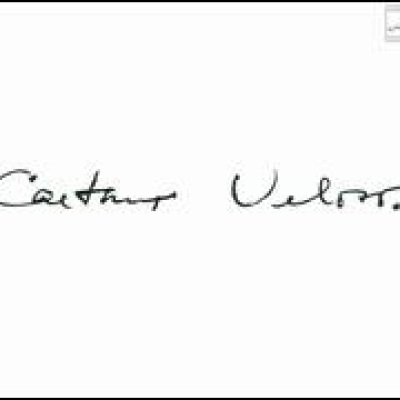
Caetano Veloso (Irene)
by Alvaro NederThis second Caetano Veloso solo LP was recorded in June 1969, when Veloso and Gilberto Gil were behind the bars of the military dictatorship. The albums (Gil also recorded his own) were devised in part to provide them with a connection to the outside world through which authorities would be discouraged of attempting some violence against them. The voices were unsophisticatedly recorded with the sole backing of their own violões and a metronome, and the arrangements were added later in the studio, which was an indigenous and competent subversion of the basics of production, especially if you take into consideration the available technology at that time. The general tone of this album is coherent with the depressing moment Veloso and the rest of the country were going through. The English lyrics of his "The Empty Boat" have several strong images of desperation and sadness, and "Irene" has been largely misunderstood -- especially the verse "quero ver Irene rir" (I want to see Irene laughing). "Irene" was the "name" of a machine gun owned by Tenório Cavalcanti (a robber somewhat celebrated by leftists at the time). His fado "Os Argonautas" represents implicitly the aspiration that, as Portugal had got ridden of Salazar (in the precedent year by a stroke), Brazil could also got rid of its dictatorship. The superbly modern arrangements of Rogério Duprat and the songs "Não Identificado," "Acrilírico," and "Marcianita," on the other hand, contribute to the anarchic, chaotic, and psychedelic setting of Tropicalia in which make part the rustic fuzzed-out guitars. But maybe the most important thing here is the evident artistic sincerity felt throughout the album: it is when the listener feels himself as a voyeur, peeping through the artist's deepest emotions.
